The Rashtriya Swayamsevak Sangh (RSS) was founded in 1925 by Dr. K.B. Hedgewar from Nagpur, with an aim to unite Hindus. Dr. Hedgewar never used to impose his ideologies on others. In fact, for naming of Sangh, Doctorji arranged a baithak in his house on April 7, 1926 where 26 persons participated. Three names were suggested after elaborate discussions. The name RSS was finally decided upon. He was the one who took the RSS to a considerable network across India. M.S. Golwarkar was then nominated as a successor to Mr. Hedgewar in 1940, who held the charge for 33 years. The nationalistic ideology of the RSS made it popular throughout India. Currently the Rashtriya Swayamsevak Sangh is active in India as well as abroad and is also known as Hindu Swayamsevak Sangh or just a Sangh that is Hindu nationalist organization. The Rashtriya Swayamsevak Sangh has near about 4.5 million active members across India and over 100 affiliate bodies. Some of the members also take part in Military drill. The Rashtriya Swaysevak Sangh initially did not recognize the Constitution of India and Heavily criticised it in view of the fact that the Indian Constitution made no mention of “Manu’s laws’ from the controversial ancient Hindu text Manusmriti, which had been accused of denigrating the lower castes and untouchables in India.
Contents: Preface. 1. Introduction. 2. Structure and Mission of RSS. 3. RSS, Jana Sangh and BJP. 3. Vision of Hedgewar. 5. Hindutva: the ideology of the RSS. 6. RSS, Hindutva and Savarkar. 7. Modi and RSS. Bibliography. Index.
ABOUT THE AUTHOR M K Singh
M.K. Singh was born at Daltonganj (Jharkhand) on 2nd August 1963. He did his graduation from Patna University and Post-graduation in Sociology from Jawaharlal Nehru University, New Delhi. He has wide and varied experience of serving in government but his keen interest and involvement in developmental issues and welfare of the common man made him relinquish his job with the government. With a burning desire to get the common people associated wit the cause of development, he initiated raising of welfare issues and mobilization of people to fight against injustices and lapses in government schemes. His focus has been on chronic problems such as Kalazar, malnutrition, drought and hunger deaths and his efforts have borne positive results with great relief to masses. Leakage in public distribution system, providing compulsory education to all, absenteeism of teachers and doctors, migration and displacement miseries, are some of the other issues which he has been canvassing against, and highlighting at various`s social and political platforms. He has been relentlessly interacting with different constitutional bodies and functionaries such as the Planning Commission, Finance Commission, Members of Parliament, the Governor and the President of India in his bid to sensitise them about major socio-economic issues of Jharkhand with specific reference to the tribal community. He has organized various seminars on issues like Tribal Rights (Forest) Bill, to promote the tribal cause. It is his constant endeavour to serve the cause of poor and weaker sections of the society in order to achieve the overall development of Jharkhand which it truly deserves.

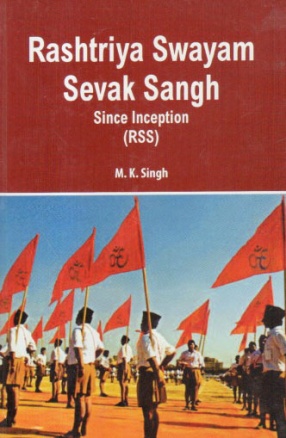
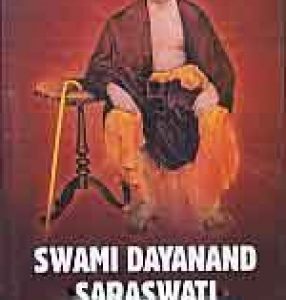
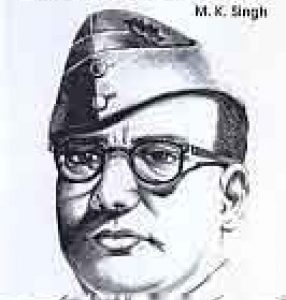
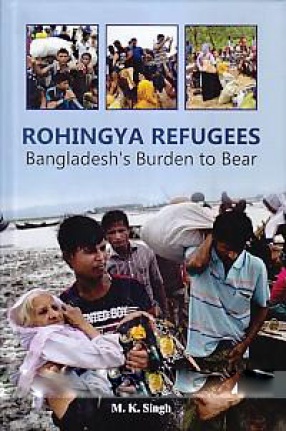

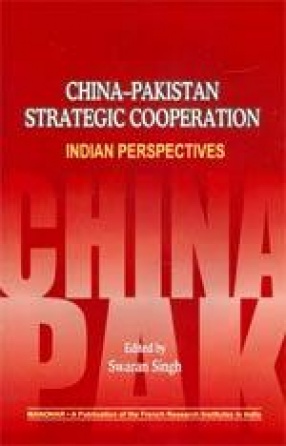
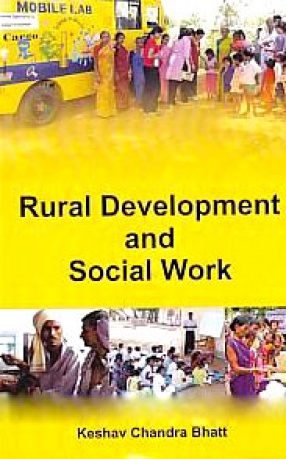
There are no reviews yet.